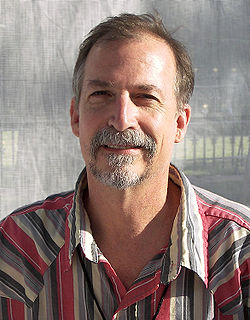A Quote by Edmund White
'The Sound of Things Falling' may be a page turner, but it's also a deep meditation on fate and death. Even in translation, the superb quality of Vasquez's prose is evident, captured in Anne McLean's idiomatic English version. All the novel's characters are well imagined, original and rounded.
Related Quotes
There is an old Italian proverb about the nature of translation: "Traddutore, traditore!" This means simply, "Translators-traitors!" Of course, as you can see, something is lost in the translation of this pithy expression: there is great similarity in both the spelling and the pronunciation of the original saying, but these get diluted once they are put in English dress. Even the translation of this proverb illustrates its truth!
For me a page of good prose is where one hears the rain. A page of good prose is when one hears the noise of battle.... A page of good prose seems to me the most serious dialogue that well-informed and intelligent men and women carry on today in their endeavor to make sure that the fires of this planet burn peaceably.
But to be perfectly frank, this childish idea that the author of a novel has some special insight into the characters in the novel ... it's ridiculous. That novel was composed of scratches on a page, dear. The characters inhabiting it have no life outside of those scratches. What happened to them? They all ceased to exist the moment the novel ended.
Some stories I write in Swedish, some in English. Short stories I've almost exclusively written in English lately, mostly because there's such a small market for them in Sweden and it doesn't really pay either. So, the translation goes both ways. What also factors in is that I have a different voice in English, which means that a straight translation wouldn't be the same as if I'd written it in English originally.
In fact, many of the quotes in my books are quotes which were translated from English and that I read already translated into Spanish. I'm not really concerned with what the original version in English was, because the important thing for me is that I received them already translated, and they've influenced my original worldview as translations, not as original quotations.
In general, I would think that at present prose writers are much in advance of the poets. In the old days, I read more poetry than prose, but now it is in prose where you find things being put together well, where there is great ambition, and equal talent. Poets have gotten so careless, it is a disgrace. You can’t pick up a page. All the words slide off.
What is wonderful about a university like LSE is that you not only receive teaching of very high quality, you also learn where to find the knowledge you are seeking. And you make unexpected discoveries; it was a Marxist professor who introduced me to the work of Cardinal Newman, a great master of English prose as well as theology.






































